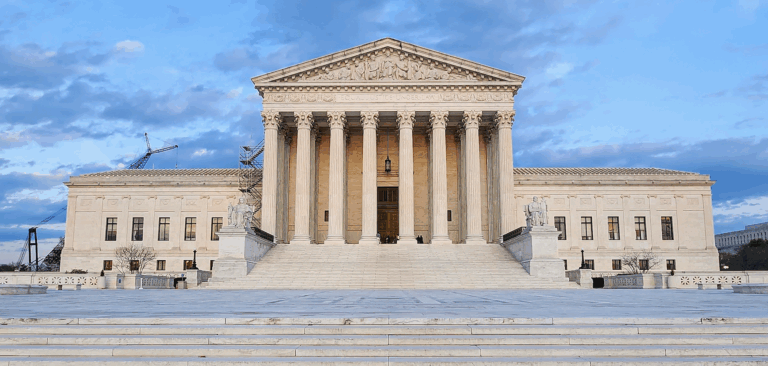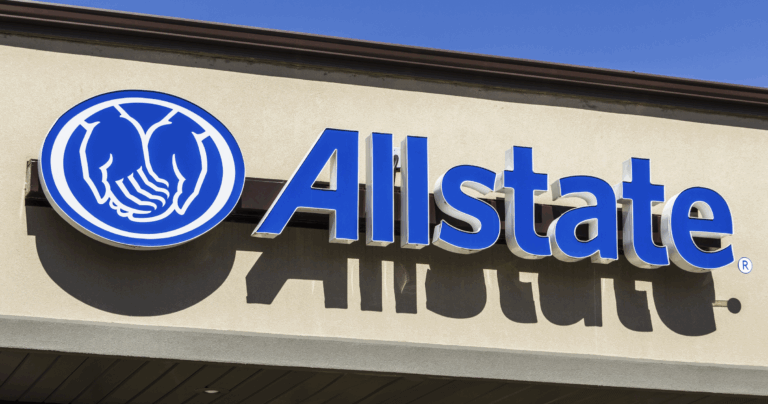Autor: Shelby Benavidez
Slip-and-fall accidents are some of the most common types of personal injury claims in the United States. Slipping, tripping, or falling isn’t typically seen as a huge deal, but these accidents can cause serious injuries including broken bones, traumatic brain injuries, and long-term disabilities. From grocery stores to hotel lobbies, slip-and-fall incidents can happen almost anywhere. This article explores the legal framework of slip-and-fall claims, real-world examples, and key steps to take if you’re injured in Texas.
What is a Slip-and-Fall Injury Claim?
Slip-and-Fall Definition and Legal Meaning
A slip-and-fall is a type of personal injury case that happens when someone slips, trips, or falls because of a dangerous condition on someone else’s property. These cases are part of what’s called premises liability, which means property owners have a responsibility to keep their spaces reasonably safe for visitors.
To win a slip-and-fall case, the injured person must show that there was a dangerous condition on the property and that the owner or manager knew or should have known about it. They also need to prove that this danger caused the fall and led to real harm, like medical bills, lost wages, or pain. Common hazards include wet floors, bad lighting, loose rugs, or objects left in walkways.
Slip-and-Fall Defenses Property Owners Use in Court
Defendents being sued in slip-and-fall cases often use defenses to try and minimize your claim or even shift the blame. One common defense is claiming they didn’t know about the danger and didn’t have time to fix it. Another is the “open and obvious” rule, which says the hazard was easy to see and should have been avoided. However, these defenses are rarely accepted if the injured person can show the property owner didn’t take reasonable steps to keep the area safe or if the danger was still likely to cause harm – even if it was visible.
Another common argument is comparative negligence. In Texas, for example, if the injured person is more than 50% at fault for their own accident, they can’t recover any money from the other party’s insurance. If they’re less than 50% at fault, they can still get compensation, but it will be reduced by the percentage they were responsible for the incident.
For example, if the person maybe should have seen the hazard and avoided it, the court might find them 30% responsible. But they could still hold the property owner responsible for the remaining 70% if the hazard was unsafe and not properly addressed.
Challenges of Winning a Slip-and-Fall Lawsuit
Slip-and-fall cases can be tough to win without strong evidence because you have to prove the injury happened due to the property owner’s carelessness. Good evidence, like security camera footage, witness statements, photos of the hazard, or expert opinions, can make a big difference.
Because these cases depend so much on the details and strong proof, they can be hard to handle on your own. That’s why we recommend hiring a qualified personal injury attorney who knows how to deal with insurance companies and fights for full and fair value.
Common Environments for Slip-and-Fall Injuries
Hotels
While slip-and-fall accidents can happen anywhere, certain places tend to present higher risks due to the nature of their environments and the volume of foot traffic. Hotels are frequent sites of slip-and-fall incidents because of the combination of hard flooring surfaces, wet areas near pools and entrances, and the constant flow of guests. Common hazards in hotels include slippery lobby floors, wet or uneven surfaces around swimming pools, poorly maintained stairways, and bathrooms without adequate non-slip flooring or warning signs. Many cases have been brought against hotels for unsafe conditions and have had successful outcomes.
Movie theaters
Movie theaters are probably one of the riskiest places for slip-and-fall accidents because it’s dark, sometimes hard to see the stairs, and if there were uneven spots on the floor, you probably wouldn’t be able to tell. Not to mention, children are walking with popcorn and drinks, increasing the likelihood of spills. Maintenance protocols and prompt cleanup are extremely important for reasons like this to prevent injuries, and failure to do so can result in liability for falls.
Grocery stores
Grocery stores are some of the most common locations for slip-and-fall injuries. The constant movement of shopping carts, spilled liquids, dropped produce, and freshly mopped floors can create unpredictable hazards. High customer volume makes it essential for grocery stores to have effective cleaning and monitoring procedures. When these procedures are inadequate, accidents and serious injuries often follow, exposing store owners to premises liability claims.
If you were injured in a slip-and-fall in any of these environments, it’s important to contact a personal injury attorney. Major businesses and retailers are backed by a team of lawyers – you should be too.
Legal Process and Outcomes
How Do You File a Slip-and-Fall Claim in Texas?
If you’re hurt in a slip-and-fall in Texas, the first step is to get medical help right away. This protects your health and helps show that your injuries were caused by the fall. After that, report the accident to the property owner or manager and create an incident report. It’s best to put everything in writing and ask for a copy of the report to keep for your records.
It’s extremely important to save all evidence, like photos of the scene and your injuries and contact information from any witnesses. An experienced personal injury attorney can help you collect and preserve evidence and guide you on your next steps.
Remember, in Texas you only have two years from the date of the fall to file a lawsuit. Your attorney will work to prove the property owner was responsible and that their carelessness caused your injuries, so you can get the compensation you deserve.
Average Slip-and-Fall Settlement
How much money you can get from a slip-and-fall case depends on how serious your injuries are and the evidence you have. For minor injuries, settlements are usually between $10,000 and $25,000. For more serious injuries like broken bones or torn ligaments, settlements often range from $40,000 to $75,000. If the injuries are very severe, needing surgery or causing long-term disability, settlements can be much higher, sometimes exceeding $100,000,000.
Things like medical bills, lost pay, future medical care, and how much pain and suffering you experienced all play a role in determining a settlement offer. If big companies like stores or hotels are involved, settlements might be higher because they’ll typically have a much larger policy and want to avoid bad publicity.
When to Hire a Slip-and-Fall Lawyer
Slip-and-fall cases can be complicated, so it’s important to talk to an experienced personal injury lawyer. At Daniel Stark, our attorneys work hard to hold careless property owners responsible. We have a strong record of winning these cases, do careful investigations, negotiate with insurance companies, and get ready to fight in court if needed.
Most personal injury lawyers, including Daniel Stark, work on a contingency fee basis. This means clients do not pay anything unless we win your case. Initial consultations are free and provide an opportunity to understand your legal rights and potential claim value.
When selecting an attorney, it’s important to choose someone with specific experience in premises liability and a commitment to aggressive representation. Daniel Stark’s legal team has helped thousands of Texans recover the compensation they deserve and is ready to advocate for you every step of the way.
Slip-and-fall accidents can cause serious injuries, medical bills, and financial troubles. Winning a claim means knowing the laws, collecting evidence, and acting quickly. Whether your injury happened at a store, movie theater, or hotel, it’s important to keep good records and get help from a lawyer.
If you or a loved one has been injured in such an accident, don’t delay. Contact a abogado calificado en lesiones personales and get the legal guidance you need to protect your rights and secure the compensation you deserve.




